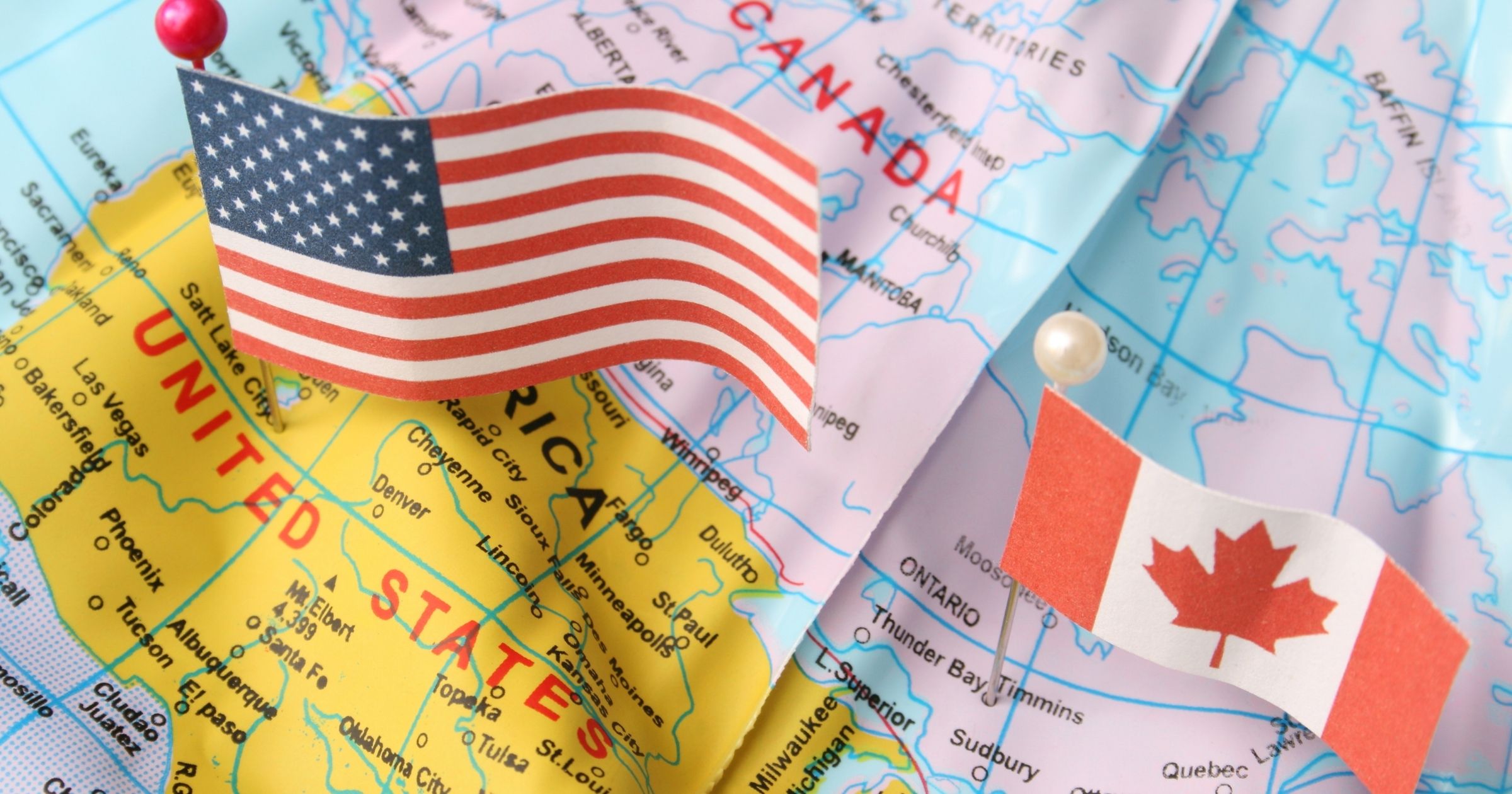An Updated 2020 Travel Forecast
Though signs of recovery from the COVID-19 pandemic are starting to emerge, a new study from the U.S. Travel Association indicates total travel spending in the United States is predicted to drop 45% by the end of 2020. This new data is spurring renewed calls for federal measures to support the industry that was one of the top U.S. employers and exporters prior to the pandemic.
According to a forecast prepared for the U.S. Travel Association by Tourism Economics, domestic travel spending is forecast to drop 40% (from $972 billion in 2019 to $583 billion in 2020) while international inbound spending is expected to freefall by 75% ($155 billion to $39 billion).
Total domestic trips taken by U.S. residents are expected to fall 30% from last year to 1.6 billion—the lowest figure since 1991, another recession year.
The unfavorable forecast numbers arrived as U.S. Travel commenced its first-ever Virtual Hill Week, which connected members of the industry with lawmakers to discuss travel priorities and needs. Nearly 300 industry members participated in 75 online meetings with lawmakers in the House and the Senate.
"The data is telling us that travel and tourism has been more severely damaged than any other U.S. industry by the economic fallout of the health crisis," said Tori Emerson Barnes, Executive Vice President for Public Affairs and Policy, U.S. Travel Association. "Given that travel employed one in 10 Americans and was the No. 2 U.S. export before the pandemic, supporting this industry through to the recovery phase ought to be a national priority.
"Our asks for lawmakers are substantial, but they're also simple: We need relief, protection, and stimulus for the travel industry to make it past the worst of the crisis and help power an economic recovery."
The policy priorities members of the travel industry discussed with lawmakers included:
- Extending Paycheck Protection Program eligibility to destination marketing organizations (DMOs). Though they are crucial engines of local and regional economic development, most DMOs are currently ineligible for aid because they carry a nonprofit or quasi-governmental designation.
- Tax incentives for a strong and safe restart of the travel economy, including a temporary travel tax credit; restoring the business entertainment deduction; support for the hard-hit meetings and events sector; and tax credits for personal protective equipment (PPE) and facilities sterilization.
- Protection from frivolous COVID-related lawsuits for businesses that follow proper health and safety guidelines.
- Provide $10 billion in Economic Development Administration grants for DMOs and small businesses to promote healthy travel practices and encourage visitation to businesses, attractions, and communities where it is safe travel.
To view the full forecast data, visit U.S. Travel Association.
Courtesy of Groups Today.



